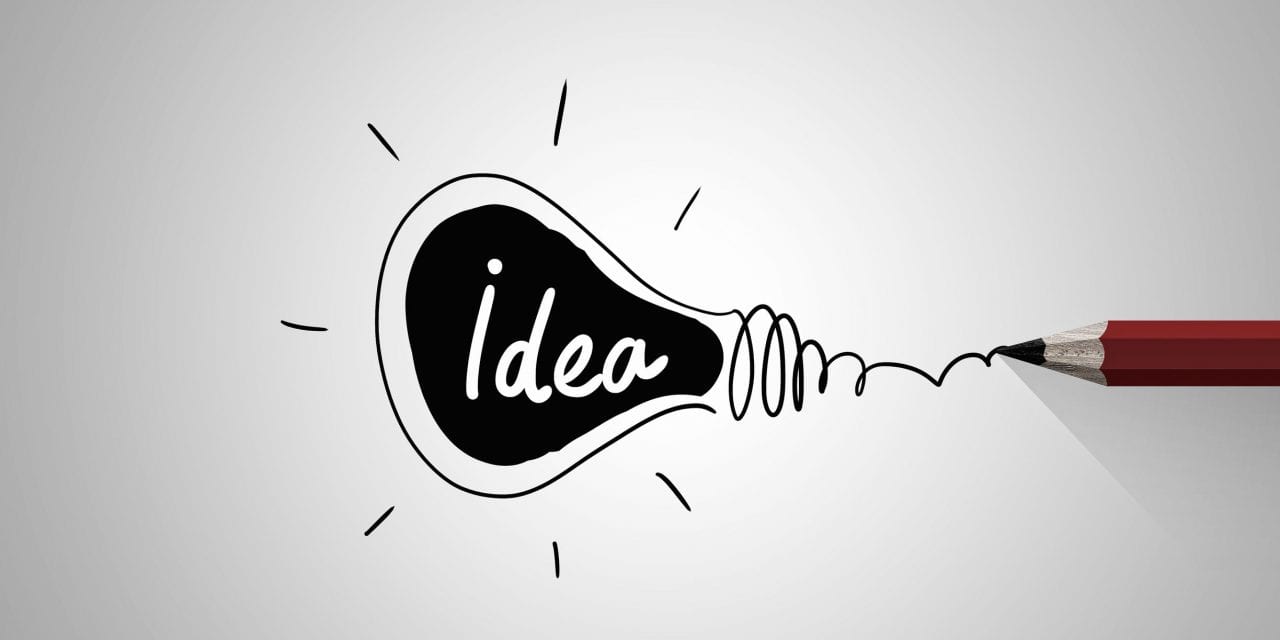This is one foundational idea that has the potential to frame all that we do.
By Steve Moran
At each of Culture 2100 Inner Circle gatherings, we have been able to have a high-powered thought leader (who is better than what we can afford) join us for half a day. In Puerto Rico, it was Lou Carbone, who pioneered “The Experience Movement’ in the late ’80s.
He offered up this one foundational idea that has the potential to frame all that we do:
“How we make people feel about themselves determines how they think about us.”
Be Careful . . .
It could be tempting to think, “yeah sure, we all know it is all about how we make people feel’, but that would not really be quite right. It is possible to make people feel good, think: feed them a good meal or take them to Disneyland without making them feel good about themselves.
How I feel about myself is very very different than how I feel.
How Do We Look at Our Customers and Our Teams?
The most profound opportunity we have as we interact with other people is to make them feel better or worse about themselves by making them feel valued or devalued, or irrelevant. The reason we get so incensed about poor customer service is less the poor service itself and more because it makes us feel like we are not valued as a customer and as a person.
Simple and Stupid — Why We Need to Be So Careful
I remember when I was much younger and trying to figure out how to give my boss some kind of a Christmas gift. He was someone who pretty much just went out and bought whatever he wanted whenever he wanted it. Then I saw a jar of fancy nuts that I thought was cool and he would like.
I purchased it, wrapped it, and gave it to him. He said thanks.
Then three days later I saw it sitting open on a colleague’s desk and asked where he got it. He said, “The boss got it from someone, and he didn’t really want it, so he gave it to me.” Jeez . . . couldn’t even remember who gave it to him.
I never ever saw him the same way again. It would have been better if he had thrown it away than to have given it to my colleague.
What Would It Be Like . . .
What would it be like if we approached each facet of what we do, (how we interact with team members, residents, family members, and the public) asking ourselves, how will this make the other person feel about themselves (not how they will feel about me)?
We know there are organizations that get this. To be a Southwest Airlines flyer is to be part of a kind of a special club, same with being a Starbucks customer or an iPhone owner.
Imagine what we could do for our individual organizations and customers if we started with this kind of thinking.





